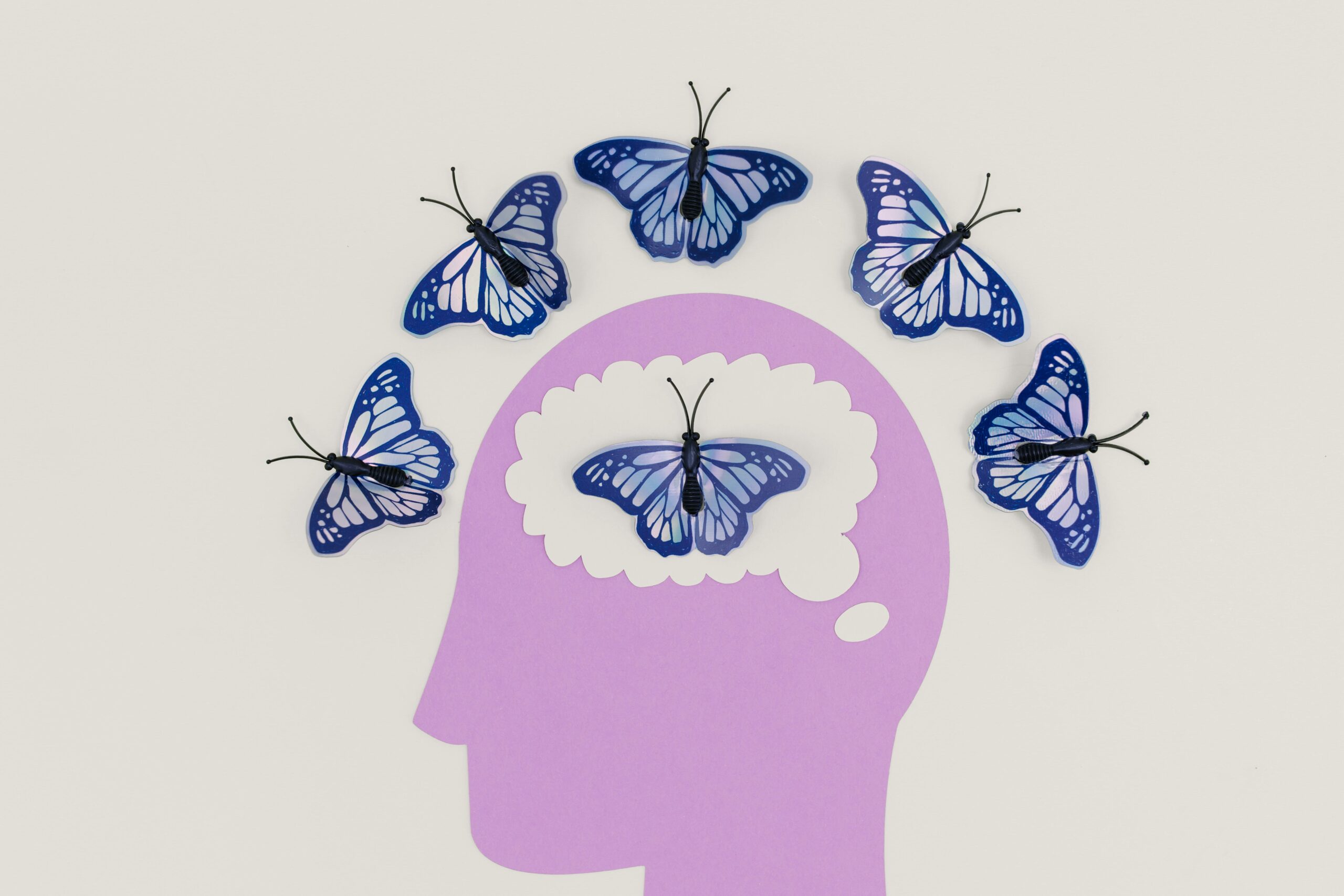Taking Care of Our Brain
Category: Healthy Aging

When was the last time you misplaced your keys, forgot a name or lost concentration in a meeting? Is this loss of memory and acuity a natural part of aging? According to Dr. David Perlmutter, M.D., FACN, Board-Certified Neurologist and a leader in the field of complementary medicine, memory loss and other brain dysfunction are not inevitable with aging and, in fact, we can prevent ~ and even reverse ~ the effects of stress and “aging” on our brains.
I have chosen this particular subject this week partly because September 21 is World Alzheimer’s Day, a day set aside to build awareness and education about a condition that can affect people as young as 40 to 50 years old. The World Health Organization has stated that over 35 million people are afflicted with this disease, and in the next 20 years this number will double. Pretty scary statistics! The other reason for my post on brain health is to examine ways we can, as Dr. Perlmutter stated, reverse the “aging” on our brain through simple preventative measures such as nutrition, lifestyle changes and brain workouts.
One disturbing fact I learned from Dr. Perlmutter was the effects of common prescription and over-the-counter drugs on our brain. Common drugs from stomach acid suppressors to antidepressants, to birth control pills, to cholesterol-lowering medicines, to pain relievers ~ can deplete our brain of life-saving nutrients that protect against free radical damage and can contain ingredients that can promote inflammation. For example, there are drugs (primarily statins) that lower levels of Co-Q10 or glutathione, two critical antioxidants for the brain that protect against free radical damage and inflammation. He also mentioned that dozens of drugs destroy B-vitamins which are essential because they help control the amino acid homocysteine, which in excess can promote inflammation and kill brain cells. AARP’s most recent newsletter also listed 10 drugs that may cause memory loss.
Here are some of the tips he recommends:
- Maintaining a healthy weight
- Exercising
- Eating those foods that can make us smarter such as berries, (particularly blueberries and blackberries), omega-3 enriched eggs, Wild Alaskan sockeye salmon, seeds such as pumpkin seeds and ground flaxseed with high amounts of omega-3 fatty acids and beneficial GLA, spinach, walnuts and walnut oil
- Finding out whether you are gluten intolerant with a simple test called the antigliadin antibody test which measures antigliadin antibodies in the blood, a sign of gluten sensitivity, (also called celiac disease, which affects about 1 in every 250 Americans and causes memory loss, confusion, or other neurological symptoms as well as chronic upset stomach)
- Avoiding fried foods, refined grains and starches, sweets, bad fats, high-sugar condiments, sweet beverages, snack foods, MSG, aspartame and hydrolyzed vegetable protein, sugar and artificial sweeteners
- Purchasing organic as much as possible
- Reducing stress ~ premature “brain aging” can occur from chronic stress
- Removing household toxins as much as possible
- Practicing brain boosting exercises as much as possible
- Using a sensible supplementation program
All these can assist us in the journey of caring for our brain.
I highly recommend Dr. Perimutter’s book, Brain Health for more education on the subject. I also recommend the natural supplements and non-toxic household cleaners at this site. Check out my E-Book here to learn some ways to improve your memory.
What about you? How are you coping with that absentmindedness?



Facebook Comments